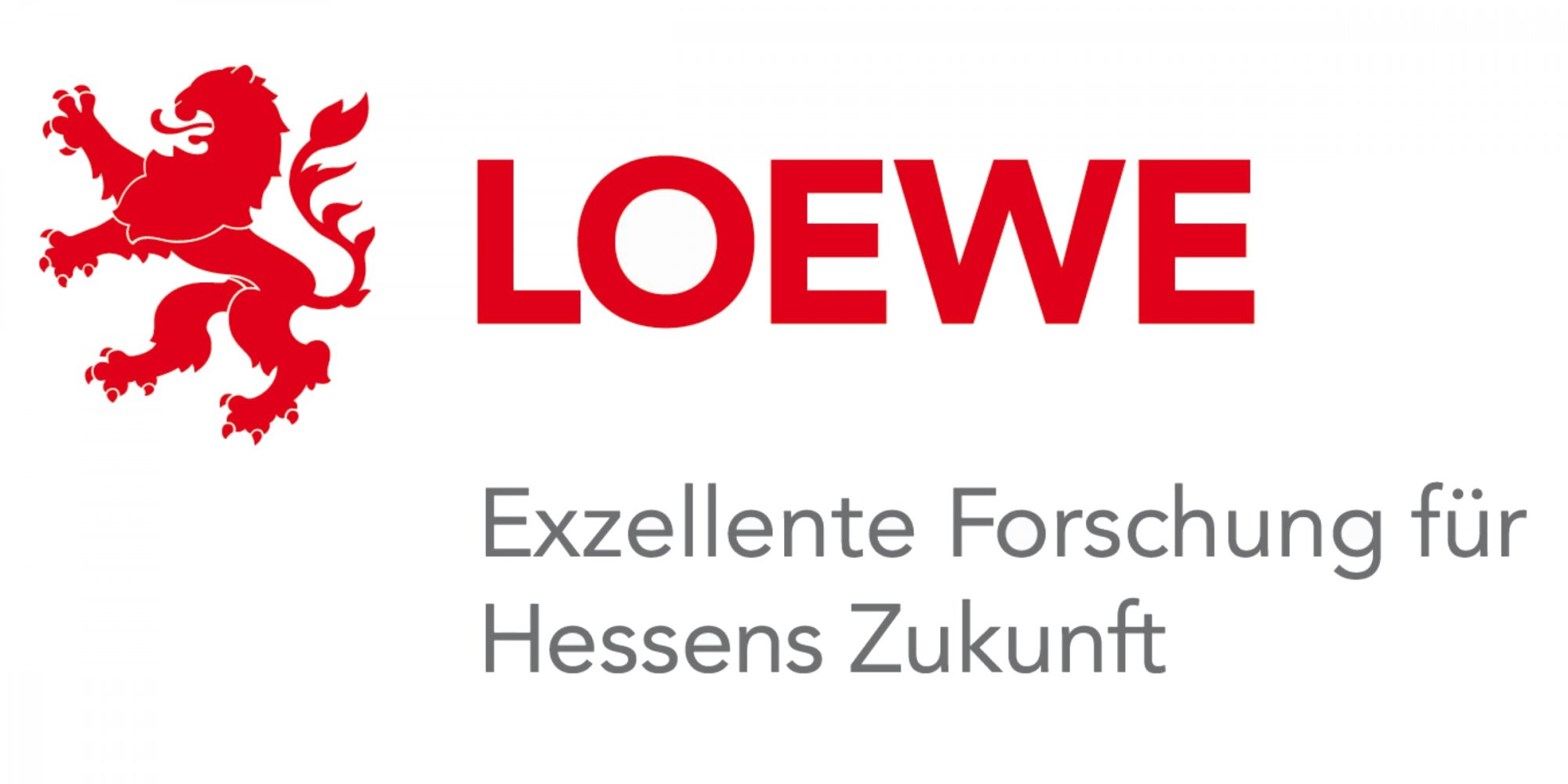LeA – Learning Acceleration
The Project LeA examined the manipulation of reading and calculating performance based on the acceleration phenomenon.
The Project LeA (Learning Acceleration) was concerned with the acceleration phenomenon initially discovered by the Israeli scientist Zvia Breznitz (1987). She was able to show that the acceleration of the individual reading rate leads to fewer reading errors and improved behavioral performance. It was the aim of Project LeA to transfer the acceleration phenomenon to the German language. Furthermore, additional studies were supposed to show to what extent the phenomenon can also be found in other cognitive areas (e.g., mathematics).

Lindberg, S., & Nagler, T. (2011). Acceleration of Elementary School Children's Arithmetic Skills: 15th European Conference in Developmental Psychology. Bergen
Nagler, T., Lindberg, S., & Hasselhorn, M. (2011). Accelerated reading in German elementary school children. An investigation of the Acceleration Phenomenon (AP) and its characteristics: Eighteenth Annual Meeting of the Society of the Social Studies of Reading (SSSR). St. Petes Beach, Florida
Nagler, T., Lindberg, S., & Hasselhorn, M. (2011). Investigating the effects of the Acceleration Phenomenon (AP). An investigation in the German language with a sample of elementary school aged children: 15th European Conference on Developmental Psychology. Bergen
Website: IDeA Center
Status: Completed ProjectsDepartment: Education and Human Development Duration: 1/2009 – 9/2014Funding: External funding